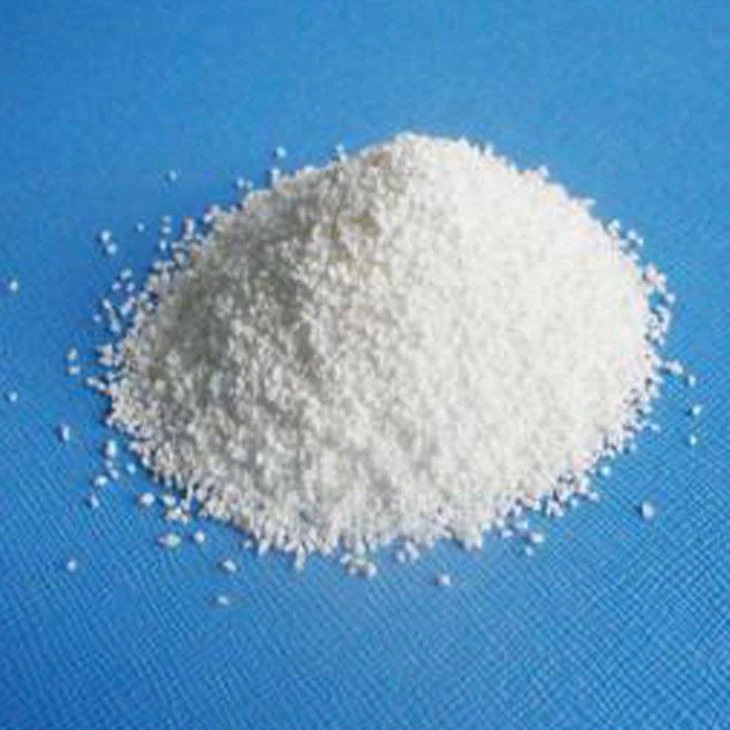



amine for boiler water treatment
Amine for Boiler Water Treatment An Essential Component for Efficient Operation
Boiler water treatment is a critical aspect of ensuring the long-term efficiency and reliability of steam generation systems. Among the various chemicals used for this purpose, amines play a vital role. This article discusses the significance of amine in boiler water treatment, its types, mechanisms, and benefits, as well as considerations for its effective use.
Understanding the Role of Amines
Amines are organic compounds derived from ammonia, with one or more hydrogen atoms replaced by hydrocarbon groups. In the context of boiler water treatment, amines are primarily used as oxygen scavengers to prevent corrosion in boiler systems. Corrosion is a significant concern in boilers as it can lead to equipment failure, increased maintenance costs, and reduced efficiency. By effectively managing oxygen levels in the boiler water, amines extend the life of the equipment and improve overall system performance.
Types of Amines Used in Boiler Water Treatment
There are several types of amines utilized in boiler water treatment, each serving specific functions
1. Aromatic Amines These include compounds like aniline, which can provide effective corrosion protection in certain conditions. However, they may not be suitable for all systems due to their propensity to form sludge.
2. Aliphatic Amines These are more commonly used due to their effectiveness in various pH conditions. Examples include morpholine and cyclohexylamine, known for their ability to volatilize and provide protection across a wider temperature range.
3. Neutralizing Amines These amines, such as ethanolamine and diethylaminoethanol, help to maintain the alkalinity of the boiler water while neutralizing free acids, which enhances the overall buffering capacity of the water.
Mechanisms of Action
Amines function primarily as oxygen scavengers, reacting with dissolved oxygen in the boiler water. This reaction forms stable compounds, effectively reducing the amount of free oxygen available in the system. The reduction of oxygen levels is crucial since even trace amounts can lead to significant corrosion problems. Furthermore, amines can raise the pH of the boiler water, creating an alkaline environment that is less conducive to corrosion.
Another important mechanism involves the amines' ability to form protective films on metal surfaces. These films act as barriers, preventing water and oxygen from coming into direct contact with the metal. By minimizing this exposure, amines can substantially reduce the rate of corrosion.
amine for boiler water treatment

Benefits of Using Amines in Boiler Water Treatment
The application of amines offers several benefits
1. Corrosion Control By effectively reducing oxygen concentrations and facilitating pH stabilization, amines help prevent the formation of rust and other corrosion-related issues.
2. Operational Efficiency With reduced corrosion, boilers can operate more efficiently, leading to improved energy utilization and cost savings on fuel.
3. Extended Equipment Lifespan Proper amine treatment reduces wear and tear on boiler components, leading to longer operational life and minimized downtime.
4. Environmental Benefits Using amines can minimize the release of harmful substances in effluents, promoting a more environmentally friendly operation.
Considerations for Effective Use
While amines are powerful agents in boiler water treatment, their application requires careful consideration. The choice of amine, dosing levels, and monitoring are crucial for optimal performance. It is essential to conduct regular water tests to measure pH, conductivity, and oxygen levels.
Overdosing can lead to excess amine in the boiler water, which may cause foaming or other operational issues. Conversely, underdosing can expose the system to corrosion risks. Each boiler system is unique, so tailored treatment protocols should be developed based on specific operational conditions.
Conclusion
In conclusion, amines are indispensable in the landscape of boiler water treatment. They provide effective corrosion control, enhance operational efficiency, and contribute to the extended lifespan of critical equipment. By understanding the various types of amines and employing them effectively, boiler operators can ensure the reliability and efficiency of their steam systems, ultimately leading to lower operational costs and improved safety. As energy efficiency and sustainable operations become increasingly important, the role of amines in boiler water treatment will only grow in significance.
-
Why Sodium Persulfate Is Everywhere NowNewsJul.07,2025
-
Why Polyacrylamide Is in High DemandNewsJul.07,2025
-
Understanding Paint Chemicals and Their ApplicationsNewsJul.07,2025
-
Smart Use Of Mining ChemicalsNewsJul.07,2025
-
Practical Uses of Potassium MonopersulfateNewsJul.07,2025
-
Agrochemicals In Real FarmingNewsJul.07,2025
-
Sodium Chlorite Hot UsesNewsJul.01,2025










